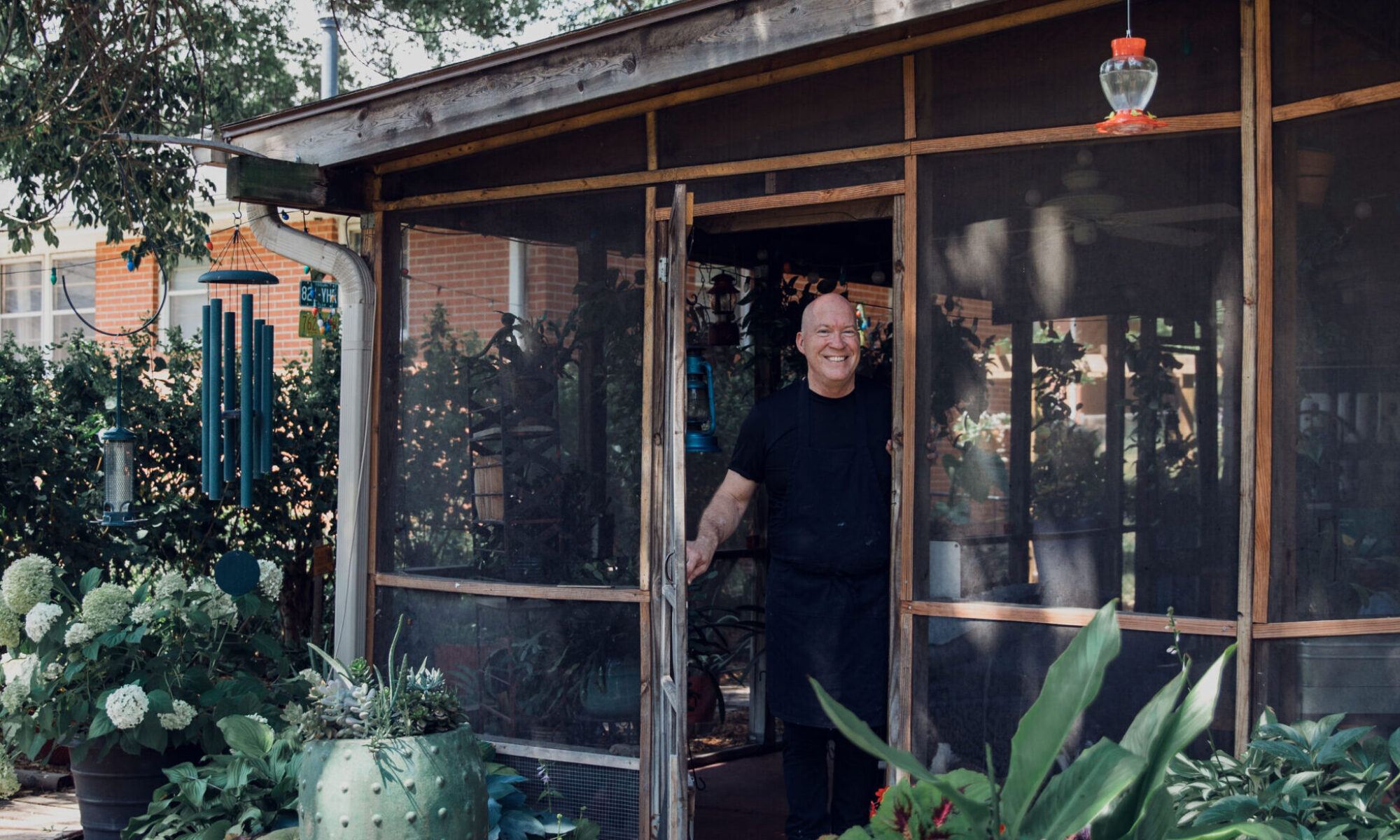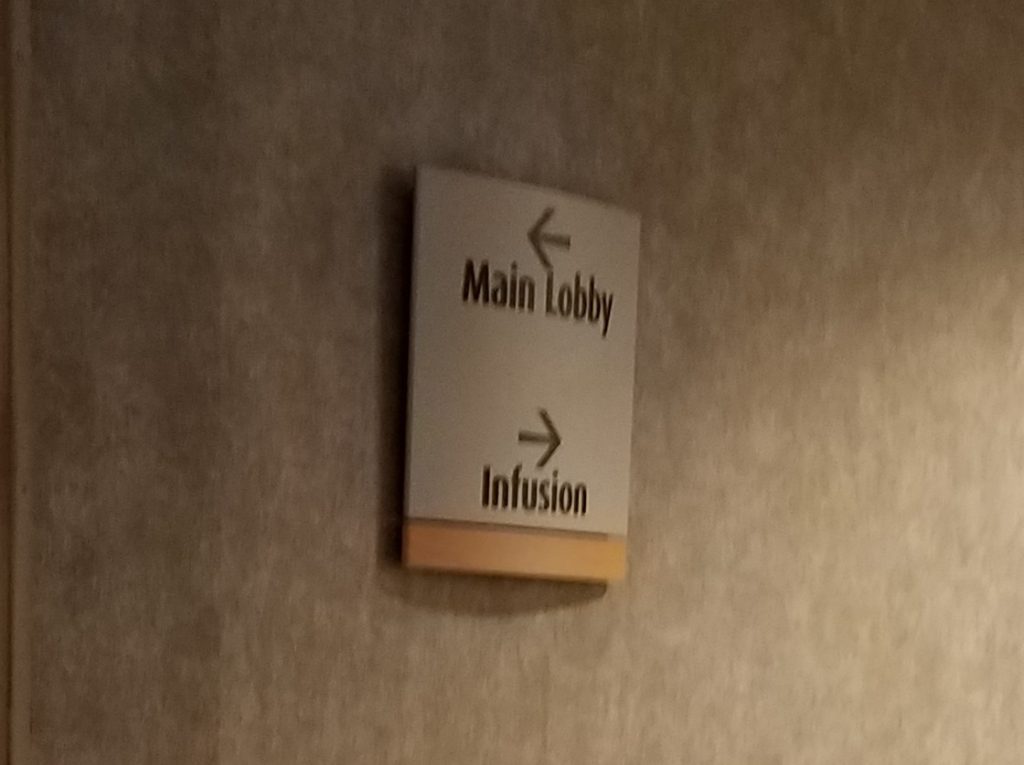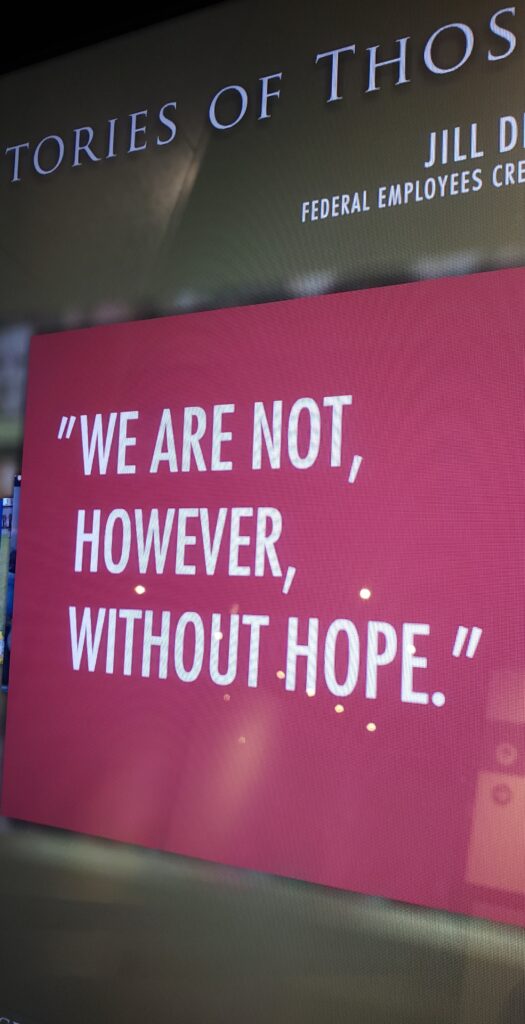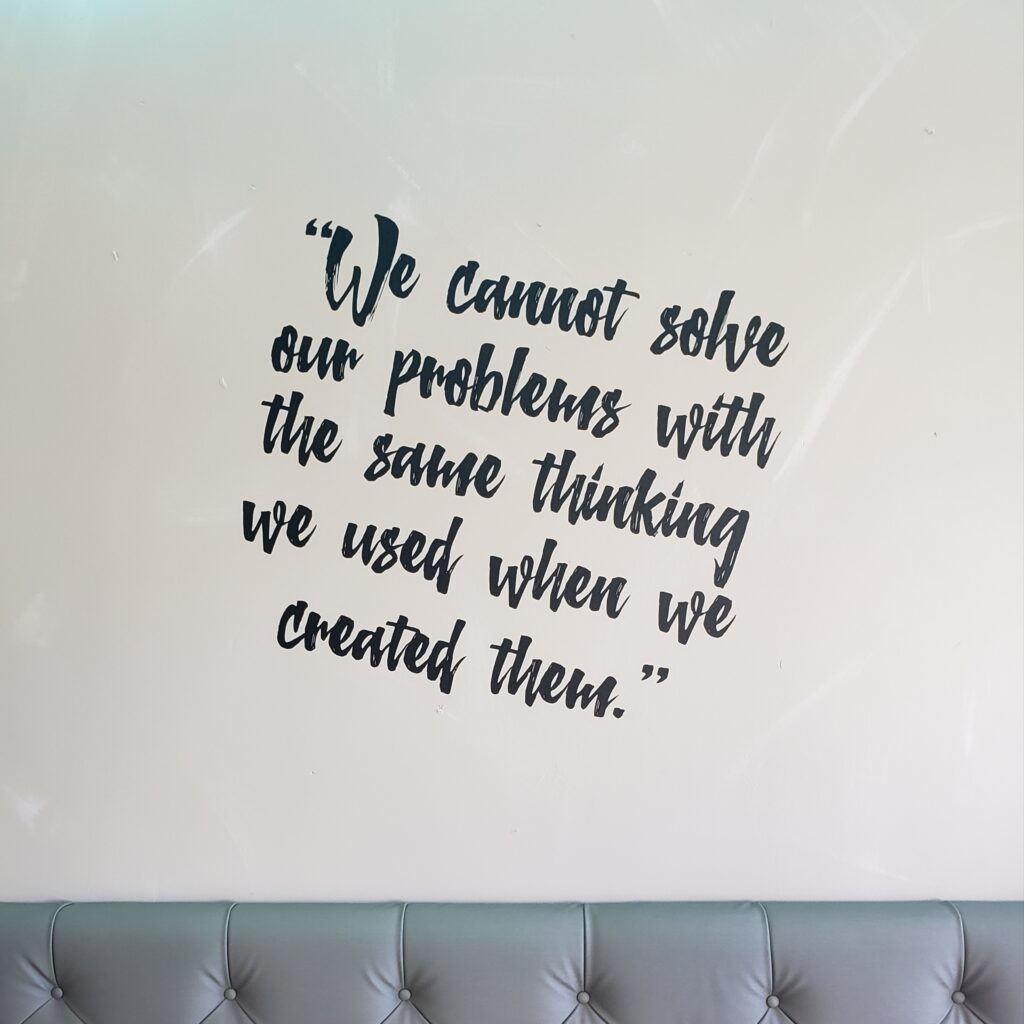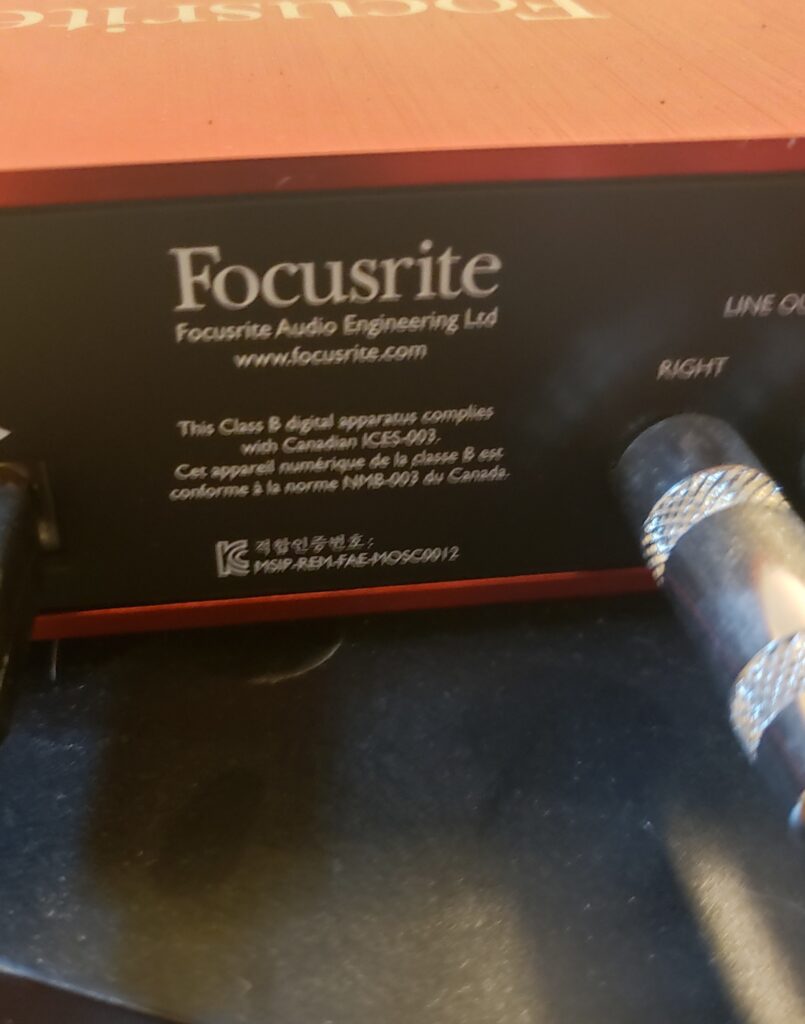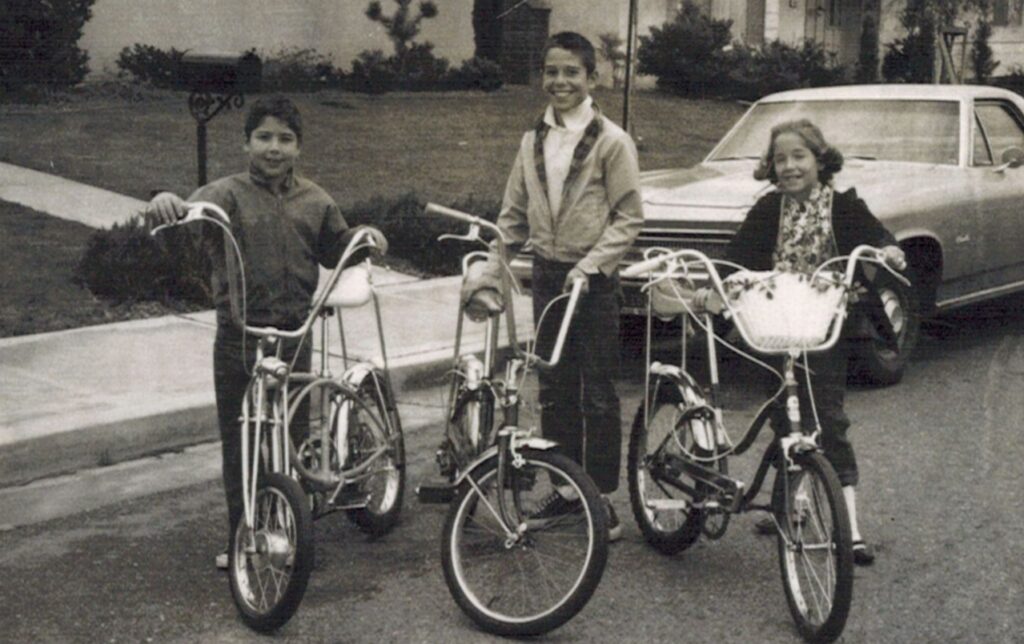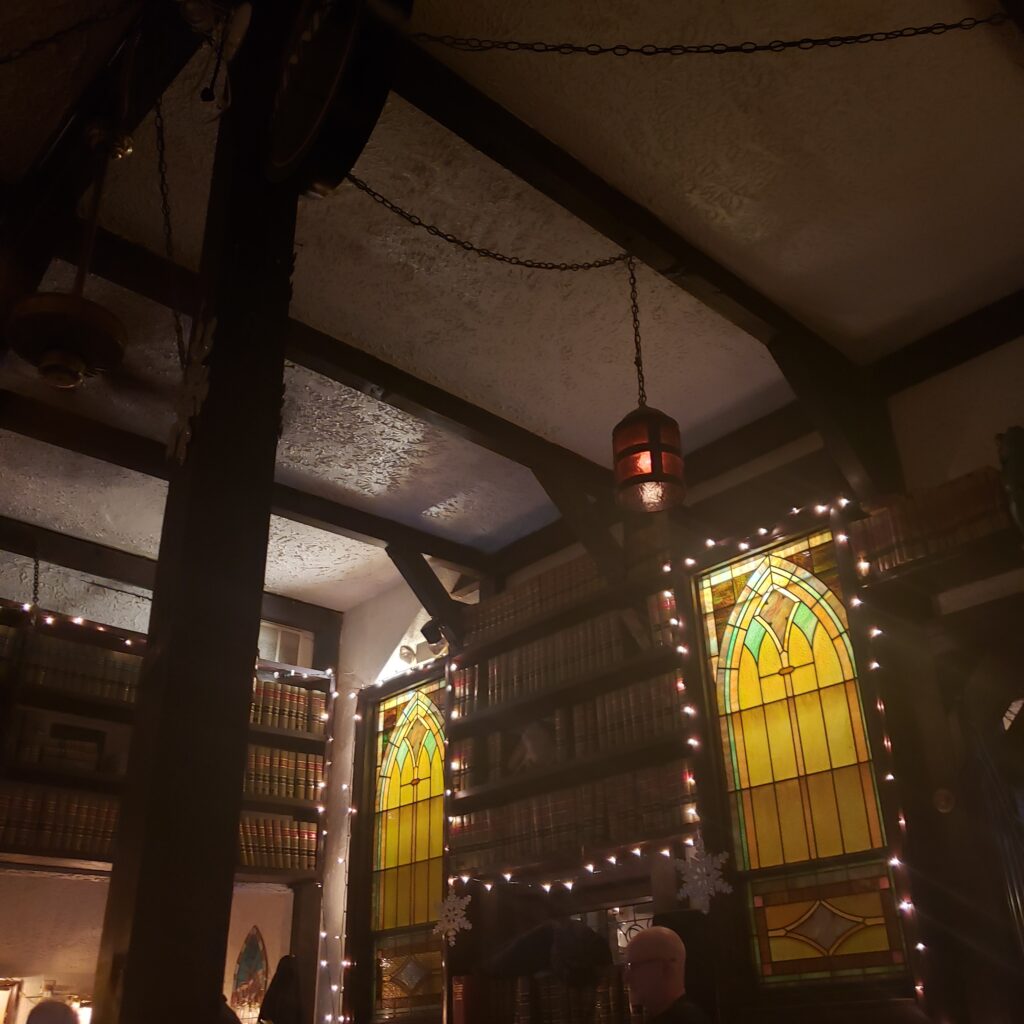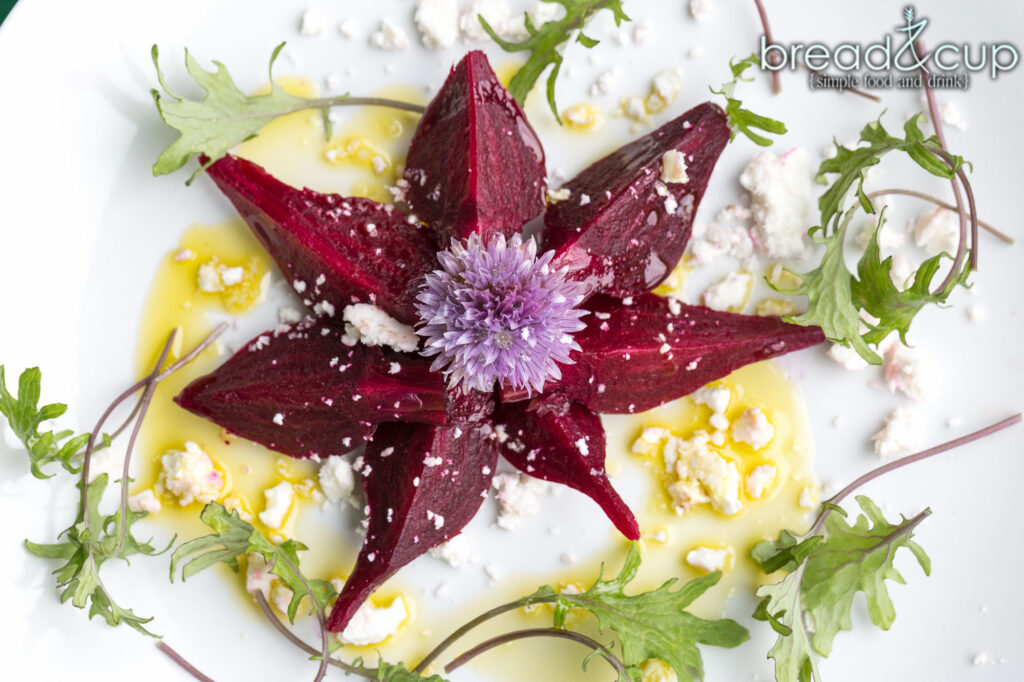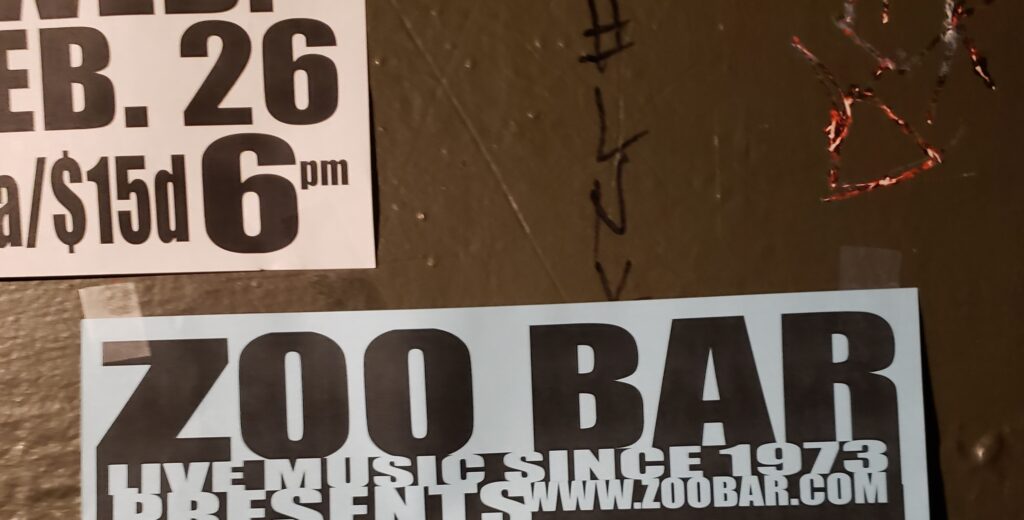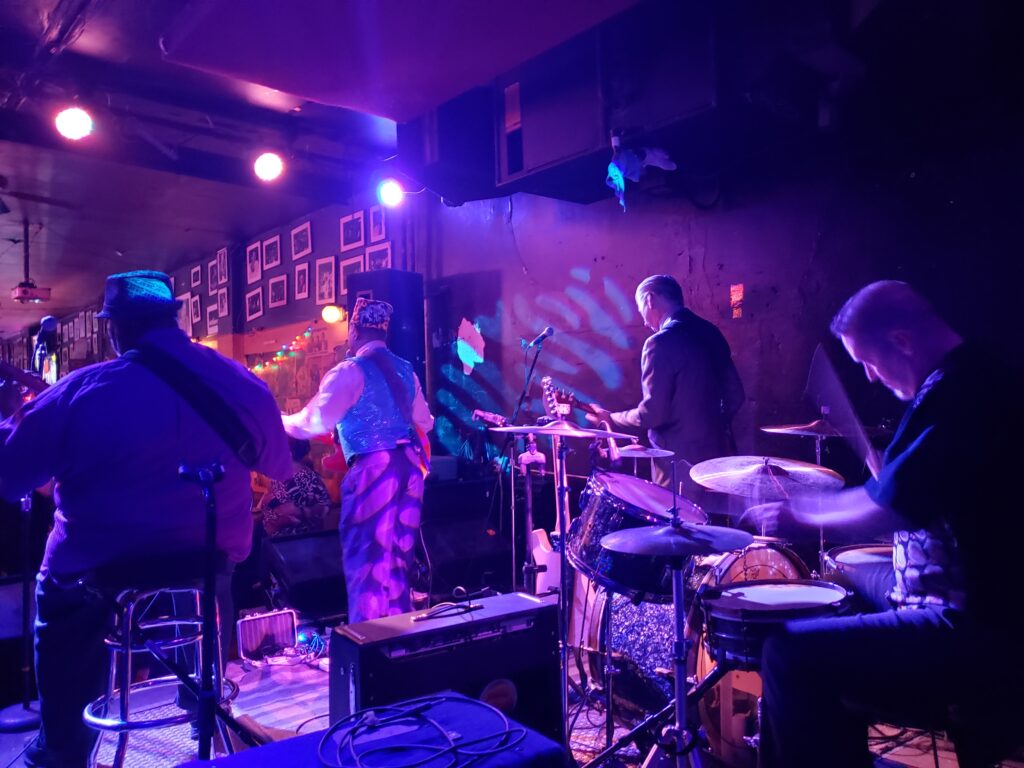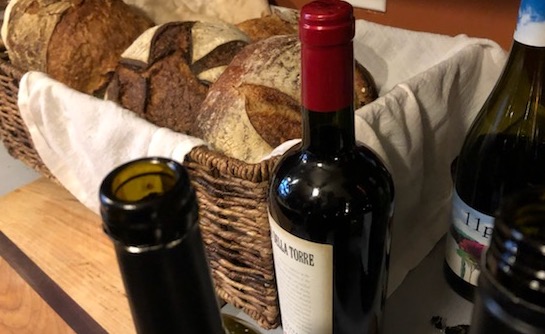
I opened my home to friends last night. It felt good to cook again. It felt even better to set the table.
She left her earth suit on the rented hospital bed in the side bedroom four months ago today, shedding it for something new and more fitting and suitable to her true nature. I lost a life partner and the mother of our children that day. But there is one thing I did not lose, and each day I am discovering more of what I stand to gain.
I didn’t lose my identity.
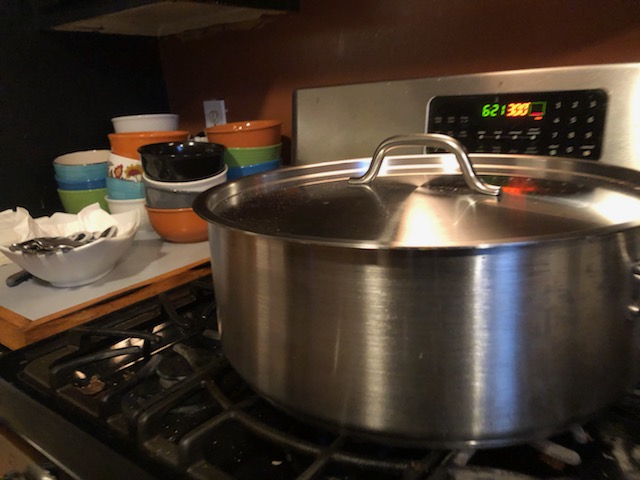
She was my companion and meant to be that. But she was not to be my identity. She was never to be my reason for getting out of bed, going to work and raising a family.
About a month ago, I listened to my heart tell me how much it wanted to start setting the table again. As I allowed myself permission to engage this inner exchange, I noticed something occurring. I started feeling really happy. I got lost in the reverie of past memories of setting the table. I remembered many of the people I served. I remembered many of the friends that served alongside me. And the other recollection…
The food was secondary.
I’ve always had this hierarchy, that food serves people, not vice versa. I wrote about it in my book on page 87 in an entry titled The Soul of a Chef. Wrapped up in my identity as a chef is the desire to nurture and edify. Cooking is about comfort. And providing comfort is a reflexive response when I see a need. I want to help and one of the most fulfilling ways is to cook for people.
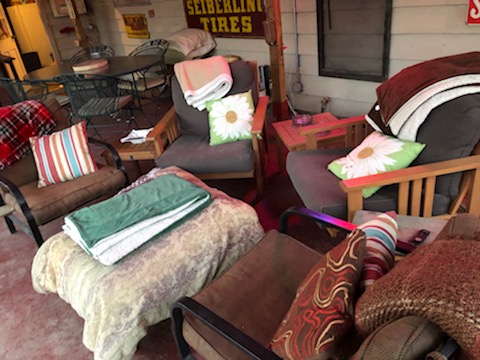
Last night was a step in that direction. It was my first solo flight in my house in many years. It reaffirmed the part of me that is uniquely mine, not because of who I was once married to. It was an opportunity to let that part of me be seen again.
I may never own a restaurant again. I’m getting too old for that grind. But I most certainly will always be cooking as a means of taking care of people. I plan to always keep setting the table.
